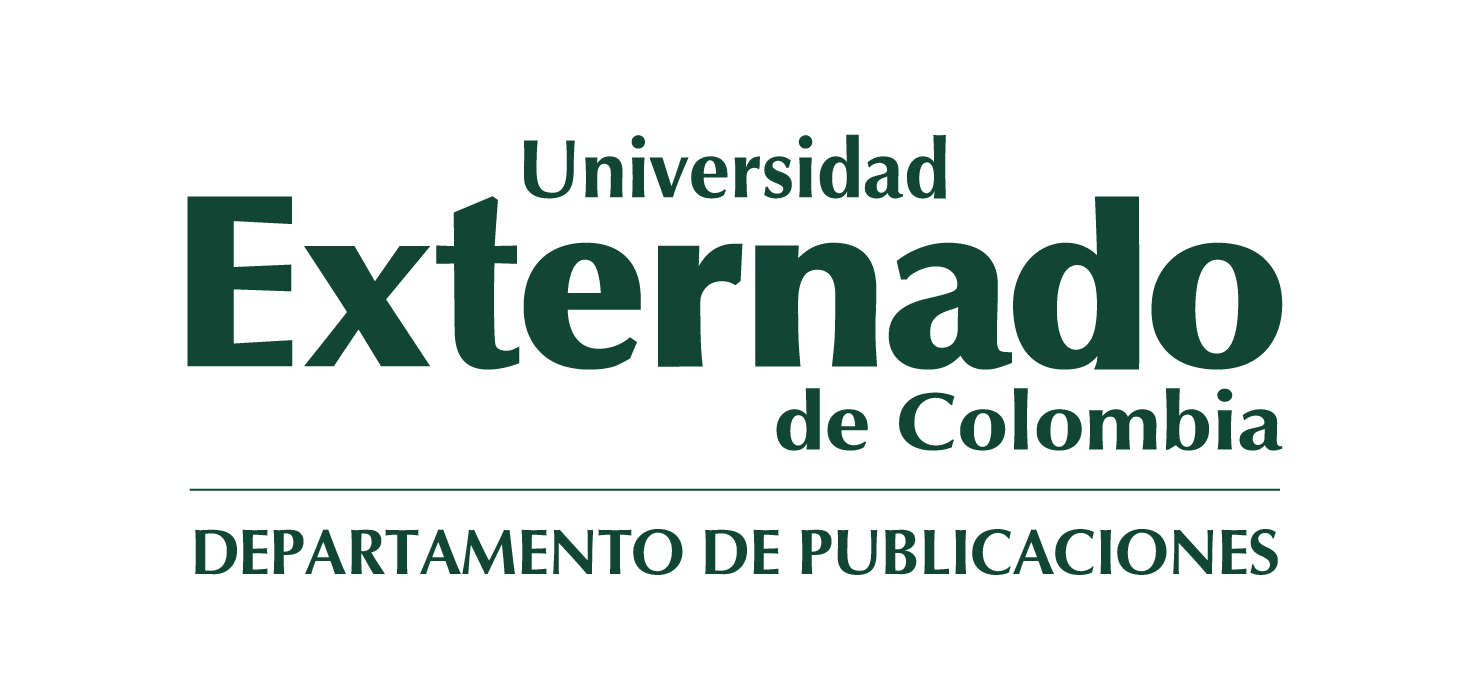"Gabo ", periodista
Gabriel García Márquez consiguió, más que ningún otro, que esa línea difusa y caprichosa entre la realidad y la ficción se confundiera para siempre, sin caer en transgresiones a los estatutos rigurosos de una y otra en lo que tiene que ver con la verdad, y en la conciencia de que violar esos códigos sagrados de la literatura y el periodismo es algo que no perdona el lector inteligente. La simbiosis sin conflicto entre esos dos mundos es algo que el "Gabo" armoniza de manera natural y resuelve del modo más sencillo: la realidad en estos trópicos, en ese Macando amplio y diverso que es toda América Latina, supera a la ficción muy a menudo en absurdo y fantasía, y la ficción se puede hacer realidad sin mucho esfuerzo.
Algunos académicos han querido desligar esos dos mundos sobre la tesis de que el periodismo para "Gabo" es apenas un punto de partida en el camino venturoso de la narrativa literaria. Olvidan que entreverados en las décadas en las que la literatura fue la prioridad también están las entrevistas y artículos producidos para la revista Alternativa, las columnas en El País, de Madrid, y ese reportaje alucinante que es La aventura de Miguel Líttín, clandestino en Chile, entre otras cosas. Pero, además, el periplo que él hace en el mundo de la prensa muestra un ciclo muy complejo y muy completo, desde el humilde "cargaladrillos" (en buen colombiano) en El Universal, de Cartagena, en el 48, hasta el accionista y propietario de medios, como el Noticiero QAP y la revista Cambio, donde finalizando el siglo XX seguía escribiendo reportajes y publicando perfiles de Shakira o de Hugo Chávez.
Entregamos ahora un documento de enorme valor histórico, académico, y periodístico, sobre la presencia tutelar y el legado de siete décadas de Gabriel García Márquez en el periodismo colombiano.
Gabriel García Márquez achieved more than anyone else, that blurry and capricious line between reality and fiction would forever be confused, without falling into transgressions of the rigorous statutes of either in terms of truth, and being aware that violating those sacred codes of literature and journalism is something an intelligent reader does not forgive. The symbiosis without conflict between these two worlds is something that 'Gabo' harmonizes naturally and resolves in the simplest way: reality in these tropics, in that broad and diverse Macondo which is all of Latin America, often surpasses fiction in absurdity and fantasy, and fiction can easily become reality. Some academics have tried to separate these two worlds on the thesis that journalism for 'Gabo' is merely a starting point on the prosperous path of literary narrative. They forget that intertwined in the decades when literature was a priority are also the interviews and articles produced for Alternativa magazine, columns in El País, Madrid, and that amazing report which is The Adventure of Miguel Littín, Covert in Chile, among other things. Additionally, the journey he takes in the world of the press shows a very complex and complete cycle, from the humble 'bricklayer' (in good Colombian terms) at El Universal, Cartagena, in '48, to a shareholder and owner of the media, such as the QAP News and Cambio magazine, where at the end of the 20th century he was still writing reports and publishing profiles of Shakira or Hugo Chávez. We now present a document of enormous historical, academic, and journalistic value, about the tutelary presence and the legacy of seven decades of Gabriel García Márquez in Colombian journalism.
PRÓLOGO
SESIÓN INAUGURAL: MEMORIA COMPARTIDA
¿QUIÉN ES GARcíA MÁRQUEZ?
LOS AÑOS DE FORMACIÓN, EL UNIVERSAL,
EL HERALDO (1948-1952)
EL ESPECTADOR (1954-1955)
UNA AGENCIA LLAMADA PRENSA LATINA ALTERNATIVA, EL PERIODISMO pOLÍTICO (1974-1980)
MIGUEL LITTÍN, CLANDESTINO EN CHILE
QAP Y CAMBIO
¿LITERATURA O PERIODISMO?: RELATO DE UN NAUFRAGO, CRÓNICA DE UNA MUERTE ANUNCIADA Y NOTICIA DE UN SECUESTRO
"GABO", EL MAESTRO DEL NUEVO PERIODISMO IBEROAMERICANO
EL PERIÓDICO IDEAL
PERFILES DE LOS PARTICIPANTES
SESIÓN INAUGURAL: MEMORIA COMPARTIDA
¿QUIÉN ES GARcíA MÁRQUEZ?
LOS AÑOS DE FORMACIÓN, EL UNIVERSAL,
EL HERALDO (1948-1952)
EL ESPECTADOR (1954-1955)
UNA AGENCIA LLAMADA PRENSA LATINA ALTERNATIVA, EL PERIODISMO pOLÍTICO (1974-1980)
MIGUEL LITTÍN, CLANDESTINO EN CHILE
QAP Y CAMBIO
¿LITERATURA O PERIODISMO?: RELATO DE UN NAUFRAGO, CRÓNICA DE UNA MUERTE ANUNCIADA Y NOTICIA DE UN SECUESTRO
"GABO", EL MAESTRO DEL NUEVO PERIODISMO IBEROAMERICANO
EL PERIÓDICO IDEAL
PERFILES DE LOS PARTICIPANTES
Impreso
-

-
Sergio Ocampo Madrid
-
Información de autor disponible próximamente.
-
Escribir su propia opinión



